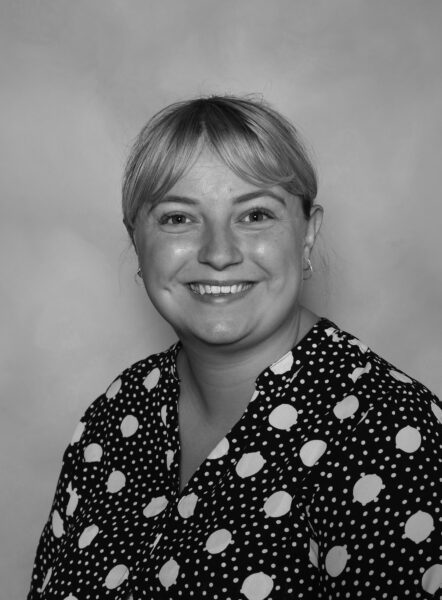Joanne Willatt, who has completed her PGCE and QTS with us, shares her experience of completing her teacher training.
How do you successfully complete your teacher training year?
What does it feel like to be fully qualified and have a class of your very own?
How do you survive?
All genuine questions that I think anyone interested in teaching would want to know the answers to. Teaching is a huge commitment and anyone entering the profession would surely want to understand the reality of being a trainee. I had a great opportunity to pose these questions to Joanne Willatt, one of our own Year 1 Early Careers Teachers who has recently achieved her QTS.
Joanne has had a fantastic start to her first ECT year and is clearly feeling incredibly positive but accepts the reality that having her own Early Years class and a classroom to manage is somewhat daunting. Moving away from the security of having the class teacher there was a huge adjustment, but Joanne has embraced these exciting challenges using the experiences from her training year to help build her confidence. Talking to parents for example and managing difficult conversations can be a scary prospect for newly trained teachers, Joanne says. However, it’s clear there is a need for trainees to adopt the role of being the class teacher from the outset in their PGCE year. Joanne agrees and explains that her previous placements encouraged her to meet and greet children and parents at the door to help build relationships and increase her confidence.
Joanne considers herself lucky to have secured her first teaching post in a primary school where there is a strong support network and where another ECT is based. This has allowed her to share experiences, gain further knowledge and increase in confidence as she can regularly discuss concerns and celebrate positives; of which there are many. For Joanne, her journey into teaching was not easy, she would be the first to admit it and although she experienced moments of doubt, it was the relentless support and encouragement that she received from her colleagues that saw her through. Subsequently, Joanne was able to recognise what was important to her as a teacher and what she felt she needed to succeed in her early career. She carried out a comprehensive amount of research when applying for teaching positions, visited a range of schools, and made it clear that she was prepared to ask difficult questions at interview to ensure the teaching role and school was the right one for her. She shared a fantastic question during our conversation that she often asked the panel when attending an interview which was ‘why do you work here?’ This helped provide her with a useful insight into why someone may have worked at the school for several years and what it was about the school and its community that they truly loved. Not only this but once Joanne had secured a full-time teaching post, she spent time prior to the job starting, sitting in assemblies, observing classroom practice, working in the staffroom, and building relationships with staff and children thus making the transition from trainee to ECT much easier on the first Inset day in September.
I found our conversation quite moving at points, as Joanne talked about the amazing support she received from the Trust and the Association Team throughout her teacher training year. Support that she continues to receive in her ECT year. Teamwork, collaboration and open conversations with other ECT’s and experienced colleagues such as her classroom TA, is something that Joanne clearly values as she builds up her confidence inside and outside the classroom. Her ability to self-reflect, prioritise tasks and adapt when necessary to the unpredictable nature of working in a school environment has served her well and she is keen to share her advice. ECT’s need to make sure they are utilising the support network offered to them, they must use their scheduled ECT time for accessing the portal and absorbing key information and perhaps, more scarily, learn how to say, ‘I don’t have the time to do that just yet’. It’s tempting to succumb to the enthusiasm of having your own class and as much as Joanne relishes that prospect, she is strict when it comes to her personal well-being and managing her workload around her family.
Joanne has some fantastic ideas on ways to celebrate her successes. For example, she writes down one positive thing every week so she can look back and acknowledge those small (and sometimes big) wins, to help nurture her own confidence and self-belief as a teacher. Additionally, she writes down one thing she can reflect and improve on, fully understanding and appreciating that as a teacher, you cannot stand still in your practice. This leads me nicely on to my final point; Joanne has clearly learnt a lot about herself and the teacher she wants to be. She is loving her journey so far, so much so, that she is happy to adapt her teaching plans and take her class outside to ‘just play in the rain’ because let’s be honest, learning is about experience, and we can only truly learn when we experience the real thing ourselves.
With special thanks to Joanne Willatt who shared her story.
 Written by Emma Hudson-Cave
Written by Emma Hudson-Cave








